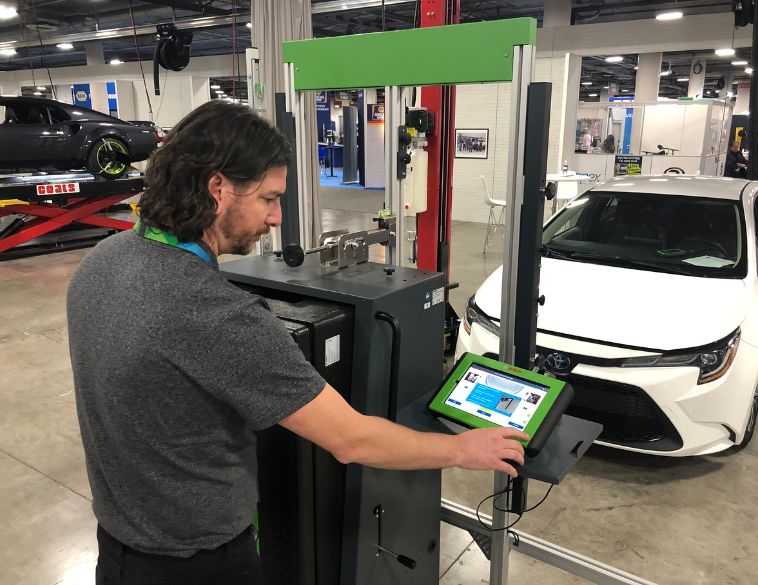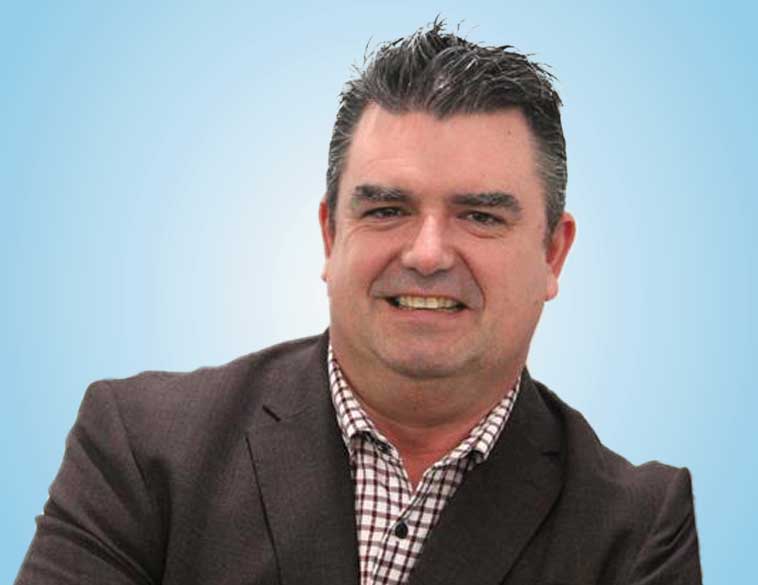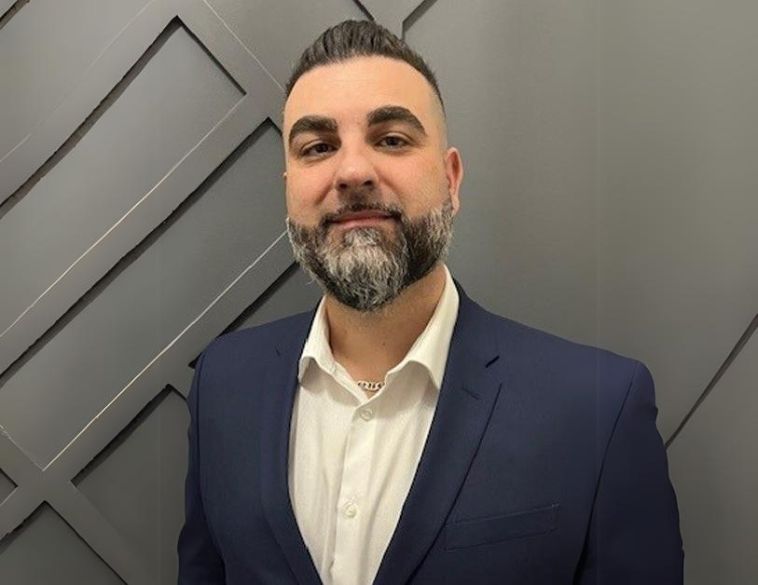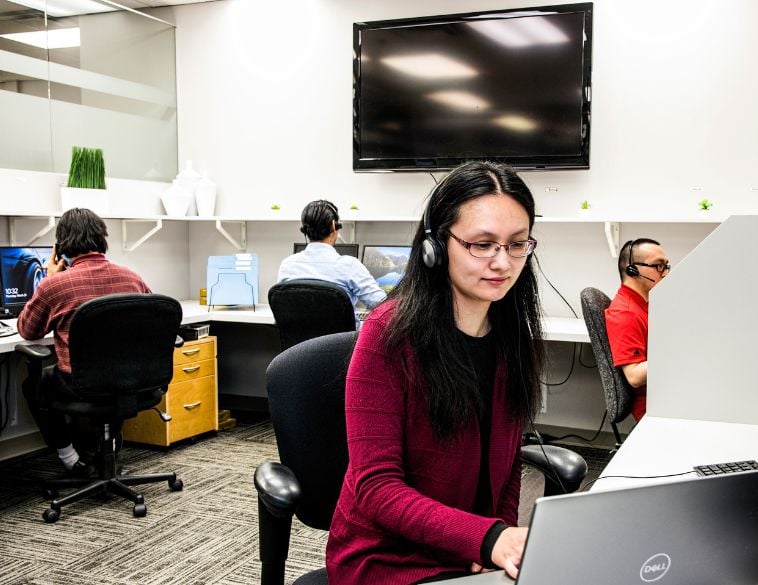Electric cars, democratisation of ADAS systems – are collision shop owners ready to meet the challenges of the future?
The arrival of electric cars is causing quite a stir in our industry. We estimate that one in five vehicles repaired in our network by 2035 will be electric.
But even closer to home, from next year, no less than half the vehicles in our care will be fitted with advanced driver assistance systems (ADAS) that will require calibration. When a survey of the entire Canadian collision sector, all colours combined, shows that only 25% of these shops are currently able to carry out these precision processes correctly, it’s easy to understand the enormous challenge we face.
Not all workshops are able to carry out these calibrations, if only for lack of space. Or they can’t afford the investment or can’t count on skilled labour to carry it out.
It has to be said that this is a time for questioning. Just as they do for the distribution of volumes, the major collision networks must encourage the emergence of this expertise.

Towards expertise
Should specialised calibration centres be set up, accessible to all collision shop owners in a region? Or should we support growing workshops run by representatives of the new generation in their desire to incorporate into their operations the processes, equipment and expertise needed to repair these new technology vehicles?
One thing is certain: I sincerely believe that the future of the collision industry here in Quebec, and in the Canadian market as a whole, lies in the creation of genuine ecosystems. Insurers must stop doing business with individual workshops whose production capacities they know little about. They should develop a network approach, entrusting their customers’ vehicles to a group of collision shop owners who will be better able to distribute the work to available workshops and carry out specific work.
Broadening our horizons
Of course, collision managers still have the reflex of wanting to control their volumes, even if it means refusing work in the event of overflow. Let’s not forget that we are service providers, and essential ones at that, and that we need to find solutions as a group. The era of working alone in isolation must give way to a greater sense of collaboration.
The industry is changing. The next generation is showing confidence in the future, with solid development plans focused on the many opportunities that lie ahead. The networks must support these entrepreneurs with the advice, training and encouragement they deserve.



